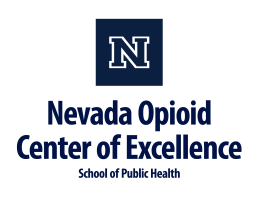Opioid Prescribing Guidelines, Alternatives for Pain Management, and Addiction Warning Signs
This three-part webinar-based course, developed by the Great Lakes Addiction Technology Transfer Center, presents an overview of prescribing opioids in primary care, along with recommendations of alternatives to opioids for pain relief and the warning signs of addiction for prescribers.
